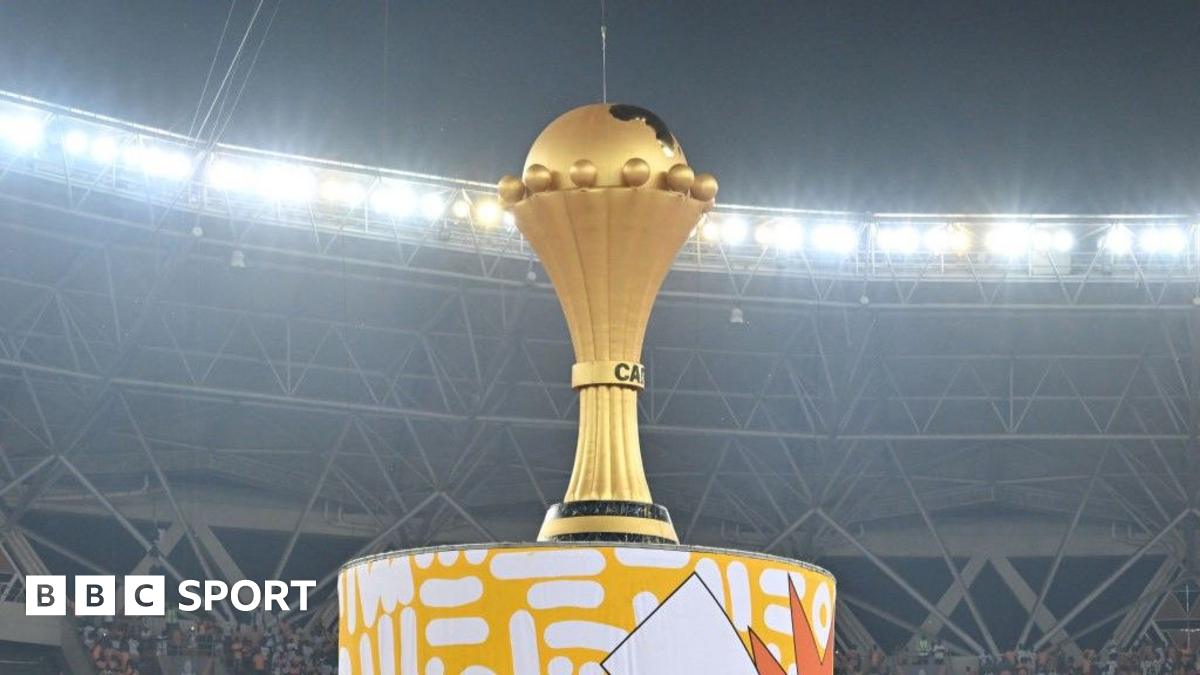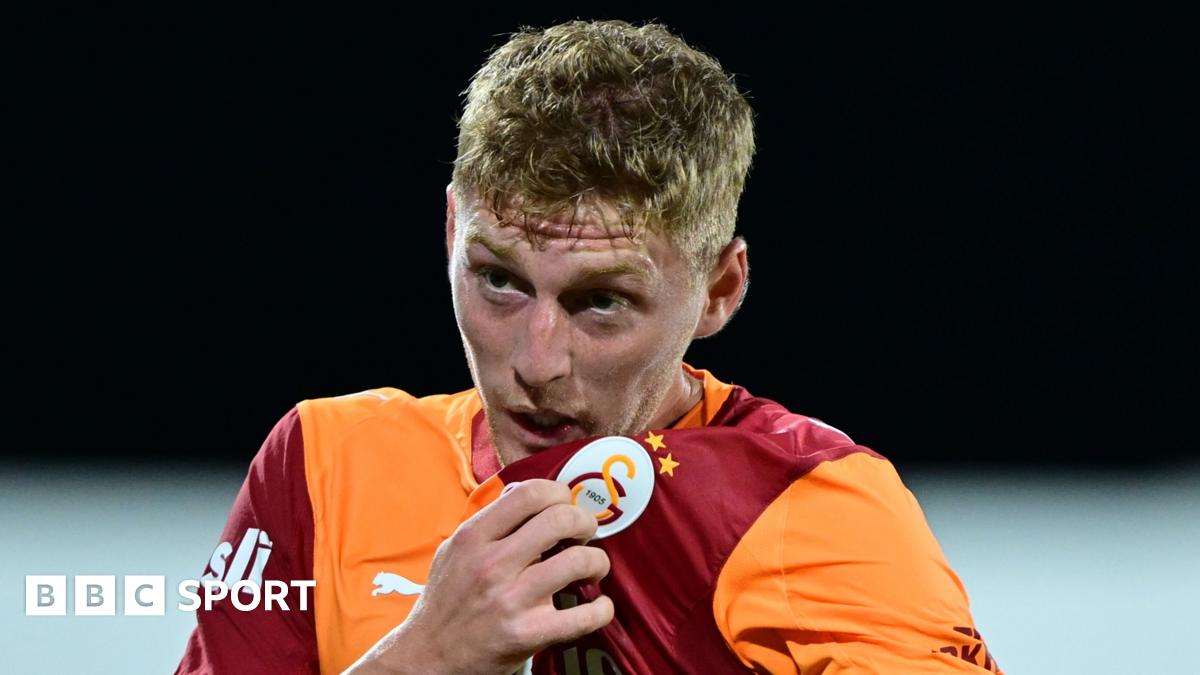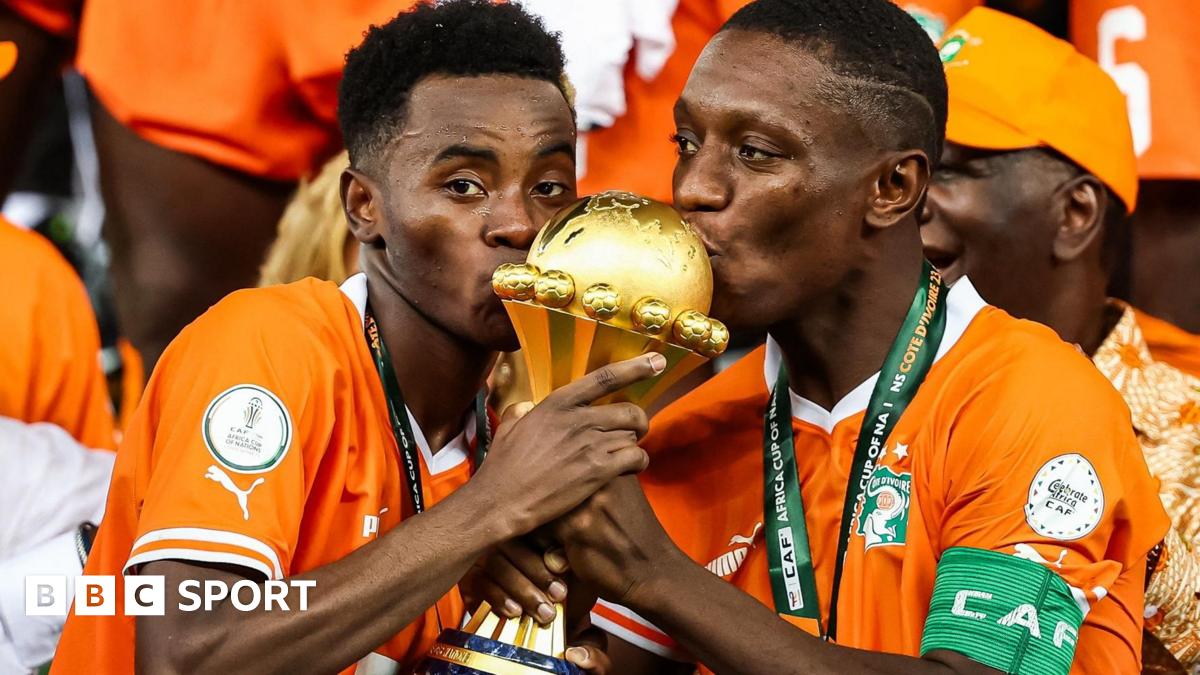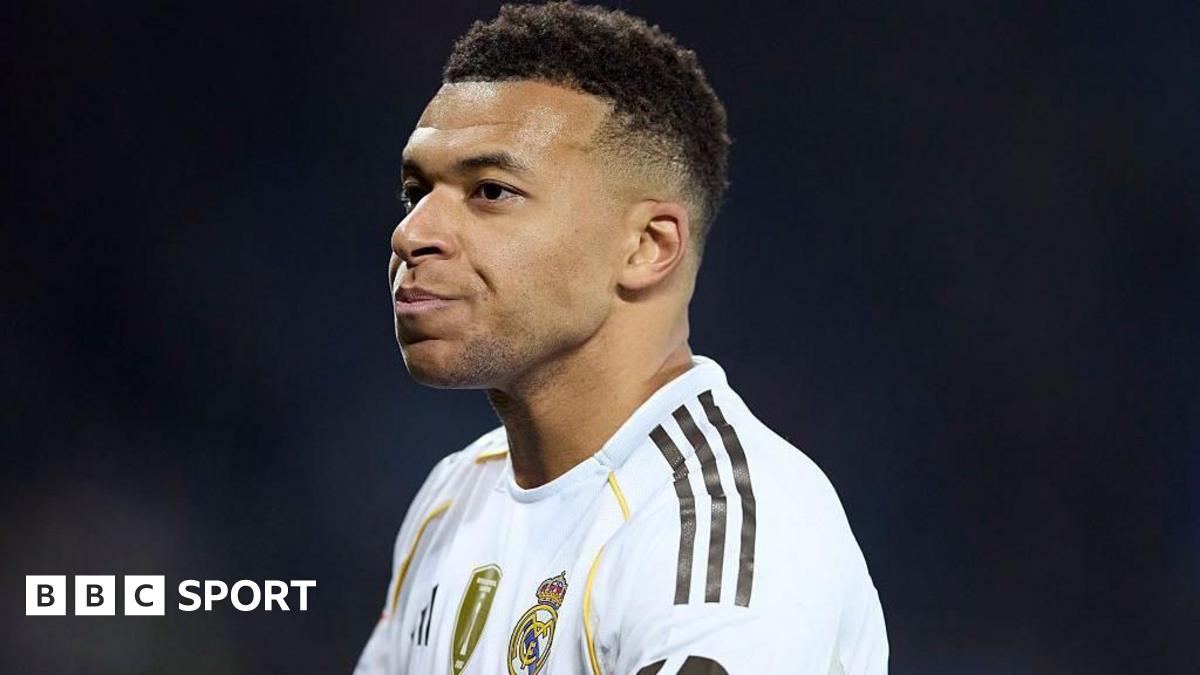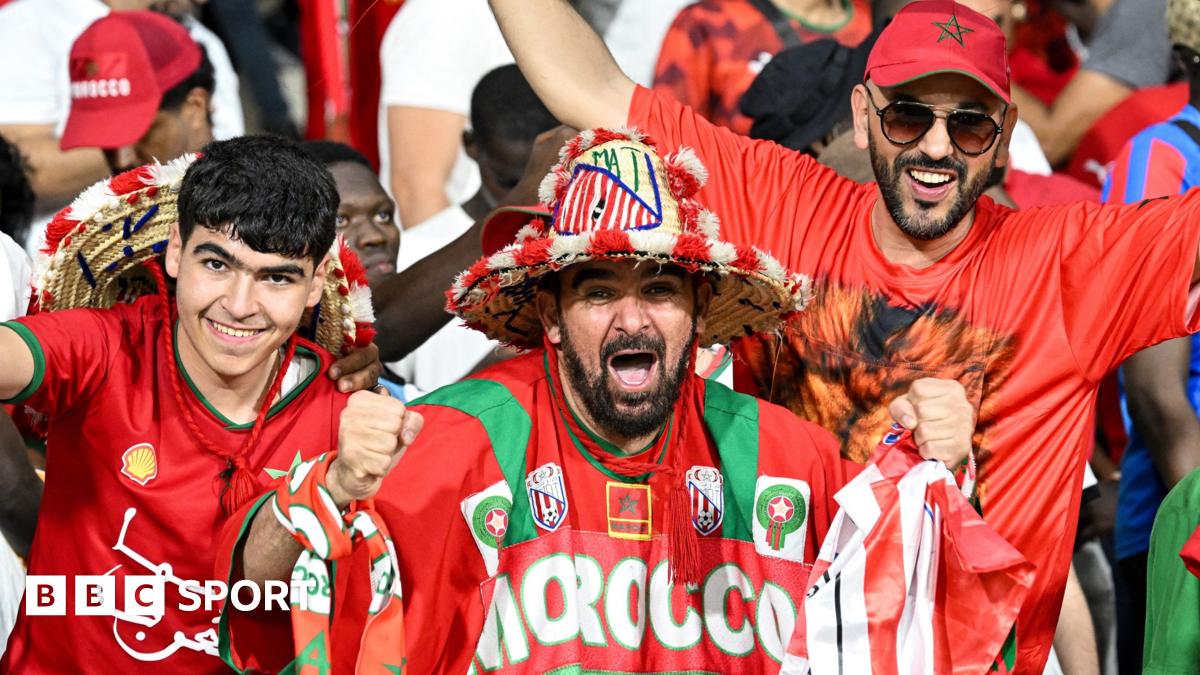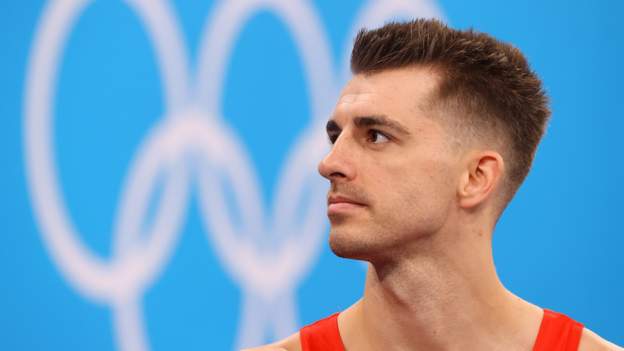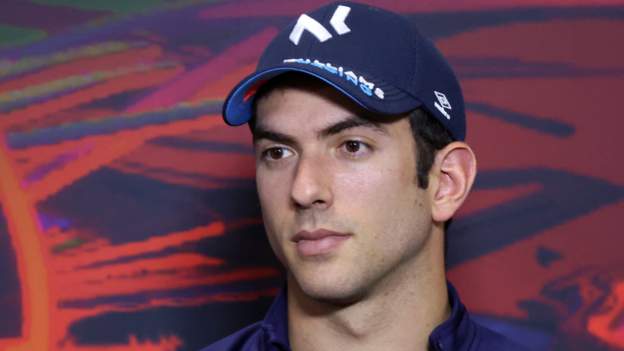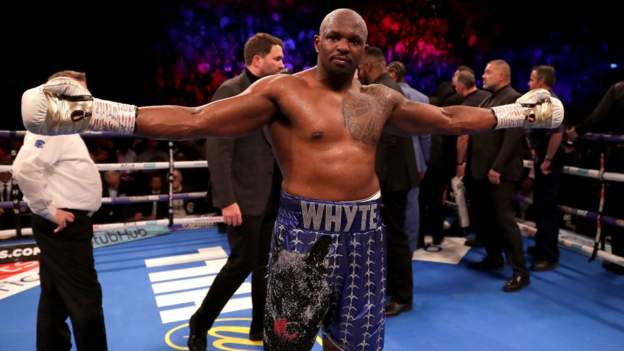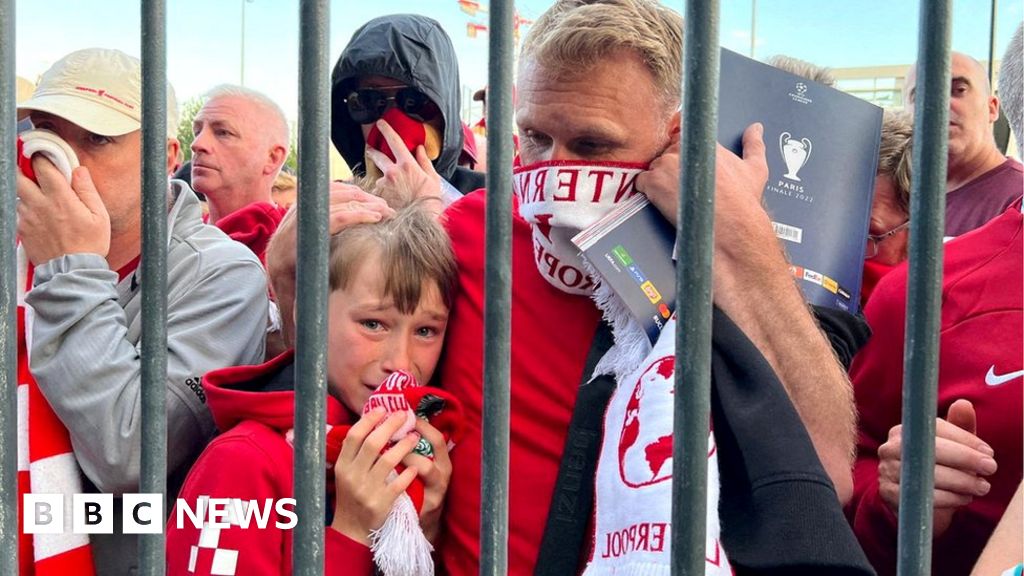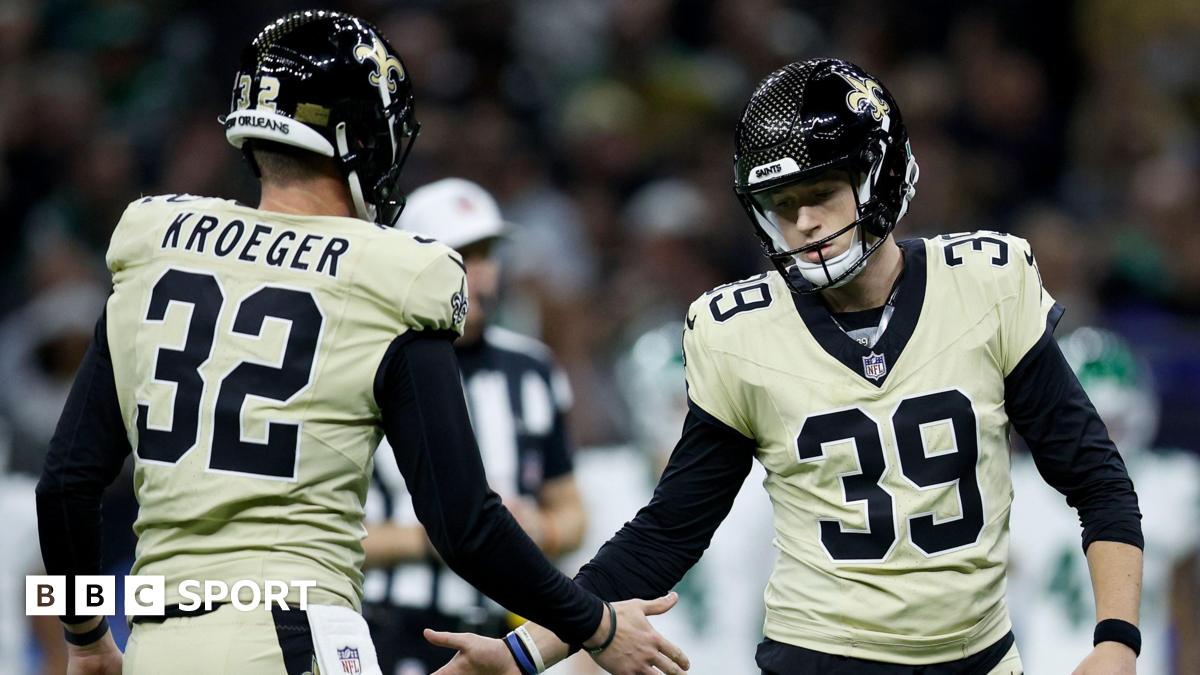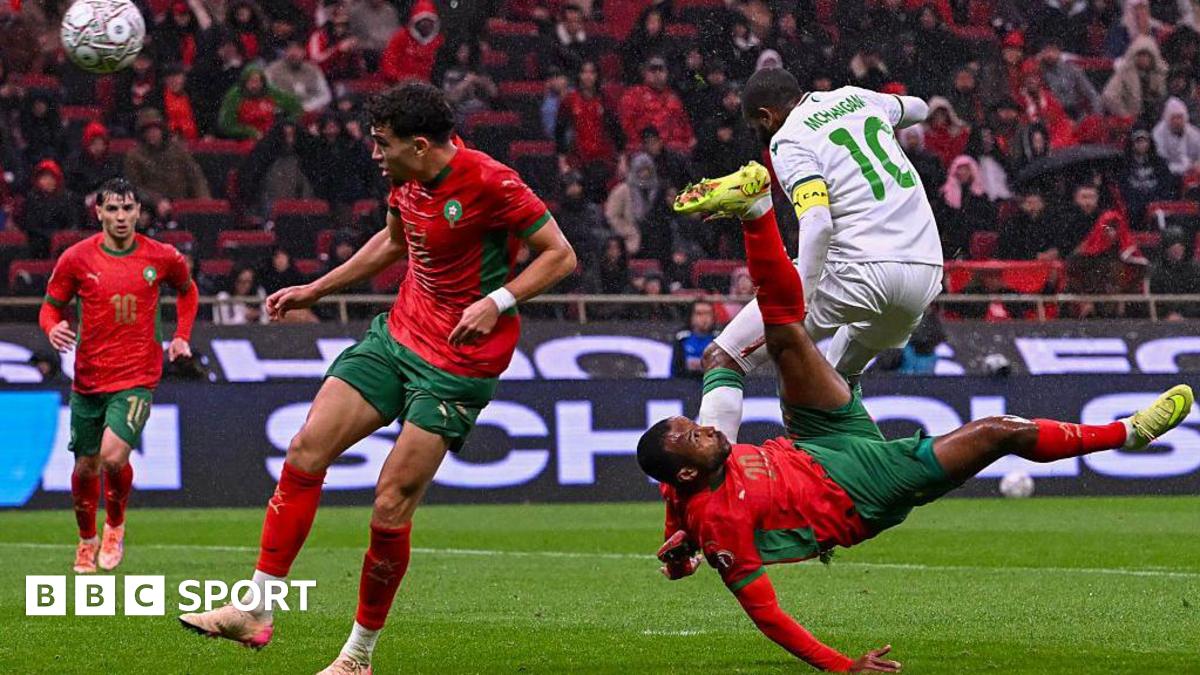Three-time Olympic gold medallist Max Whitlock says he “felt like a complete failure” when he contemplated stepping away from the sport after the Tokyo Games.
He said his accolades “didn’t matter” because he could not see a clear path for his future.
With his target-focused and motivated mindset gone, the 29-year-old said he “struggled” with his mental health.
“I just never in a million years thought I’d feel like it,” he said.
Whitlock secured two gold medals in Tokyo in 2021 to add to the gold and bronze he won at the 2016 Rio Games and two bronzes clinched at London 2012. His other honours include four European Championship golds, four Commonwealth Games golds and three World Championship golds.
After some time off following Tokyo, the Team GB star decided he was done with the sport.
But after speaking about his issues and thinking about the example he wanted to set his three-year-old daughter Willow, Whitlock has confirmed he is now targeting the Paris Games in 2024.
Speaking to BBC Breakfast he said: “As a gymnast throughout my whole career, I’ve always looked forward and I’ve never looked back.
“[My results] kind of were amazing, but it didn’t matter because I was looking at my next target.
“Moving forward, that’s what mattered, and that’s [when] I felt like a complete failure because I couldn’t see that clearly.”
Whitlock is now back training after taking a break from the sport after Tokyo, missing the 2022 Commonwealth Games – where he worked as a BBC pundit – and next month’s World Championships in Liverpool.
‘It’s important to speak to people’
Whitlock said he started to feel “completely lost” following the Tokyo Olympics.
“I fell into a place, into this rut where I just lost all motivation for everything,” he said. “I felt sluggish every single day. I was in this place where I just didn’t want to do anything.
“I even got a blood test because I was just feeling awful every single day. The blood test come back and I was absolute fine. I think that is what proved to me that it was all in my head.”
He recalled sitting in his home, getting upset while speaking to his wife Leah and feeling like a “complete waste of space”. Whitlock added while he could not “comprehend” how he was feeling, Leah and others around him were worried.
“A lot of people say it, talk to people, get it out it helps,” he said. “But I think I’ve never been that person. I’ve always been the person to just keep it in and plough on through. I’ve done [that for my] whole career of almost putting a mask up.
“I think as I started to talk to Leah or started talk to my parents more and the people around me, I started to actually realise how I was feeling.”
‘It would have been quitting not retirement’
After Tokyo, Whitlock said he was “adamant” he was ending his gymnastics career.
But he said it was the thought of explaining the decision to his daughter Willow in the future which made him decide to continue.
“It wouldn’t be retiring” he said. “It won’t be just stopping because of any reason like that. It would be quitting…
“[Willow] obviously would look up to what I am doing. Ten to 20 years down the line if I was explaining my career to Willow and said I have done this and that and then I stopped after Tokyo, I think her next question would probably be why did you stop? And I wouldn’t want that to be because I’m scared of failing in Paris.”
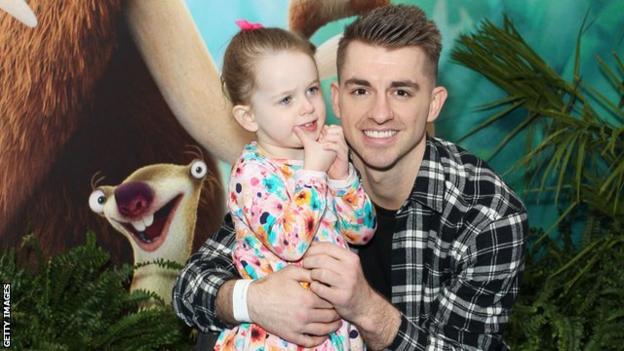
A return to the gym
Whitlock is targeting more success – and history – at the Paris 2024 Games. If he can win a medal on the pommel horse he will become the first gymnast to do so at four consecutive Olympics on the same piece of apparatus.
He said being back training has been “tough” after a year away and is aware of the challenge that faces him.
“Any time off takes you a very, very long to come back,” he said. “But I’m excited, like I’m genuinely excited for the challenge. I feel almost refreshed. I feel like I’ve almost reset everything and I think the fear of failing has gone.
“The nerves, at the moment, have gone. The weight on my shoulders has gone, I think because I got into the mindset of I’m done that I’m coming back.
“I’ve got new reasons. I’m doing it for Willow. I would love for everyone to come out to Paris, and have the opportunity to watch in Paris.
“To see where I can get to, see if I can make that history, if I can make a fourth Olympic Games. But just to almost prove to myself that I can do it and also to show a message to Willow to never give up.
“I think that’s what’s helped me move forward without that fear of failure which is powerful. If I carried on like that there would have been a point where it all crumbled and crumbled bad.”
Helping others
A goal of Whitlock’s now is to help other athletes feeling the same way he did.
“This is a huge impact on me,” he said. “Massive. I couldn’t believe it. Now I feel like I’ve almost come out the other side of it and seen benefits of even going through that stage.
“I’d love to help athletes because it’s so common. I would love to help people in general just to go through something like this. I’d love to see if there are ways where I can help people in that because going from myself, I struggled I think people [would] never think that I would go through that feeling.”

